How do you include the themes of the 2030 Agenda in the curriculum? When can a school be defined as sustainable and global? Why does Global Citizenship Education (GCE) contribute to quality education? And how do we know that an educational action has "worked"?
These questions are at the core of a recent article by Giordana Francia – CISP Director the Geographic Area of Italy and the European Union – published by the Italian magazine DIDA. The article presents some of the results of the Get Up and Goals! project, coordinated by CISP and implemented together with 13 other European organizations, focusedprecisely on the GCE.
Global Citizenship Education is crucial for the realization of Goal 4 of the 2030 Agenda — ensuring quality, equitable and inclusive education, and promoting lifelong learning opportunities for all — and is considered a prerequisite for achieving all other Goals. This is also a crucial issue for CISP, which works on Education and Culturein many countries.
Between 2017 and 2021, Get Up and Goals! involved 120 European schools and over 1300 students and trained nearly 2,000 teachers on topics such as gender inequalities, migration, climate change and international inequalities.
Global issues such as those are complex and often controversial and can be difficult to understand even for well-informed young adults. The role of didactic resources, that highlights multiple points of view and are designed with the participation of all the actors involved (teachers, pupils, school managers, trainers, etc.), is fundamental.
Together with the article, the magazine has published four educational activities, adapted from the Teaching andLearning Units (TLUs), which are resources made available in free download in the many European languages of the project.
Such TLUs encourage everyone to start their own personal and/or collective learning paths, finding answers to the students’ legitimate questions through the essential guiding role of the teachers.
Click here to visit the Get Up and Goals! official website and download free educational materials in your language.
The complete article on DIDA magazine can be downloaded, upon subscription, at this link.

